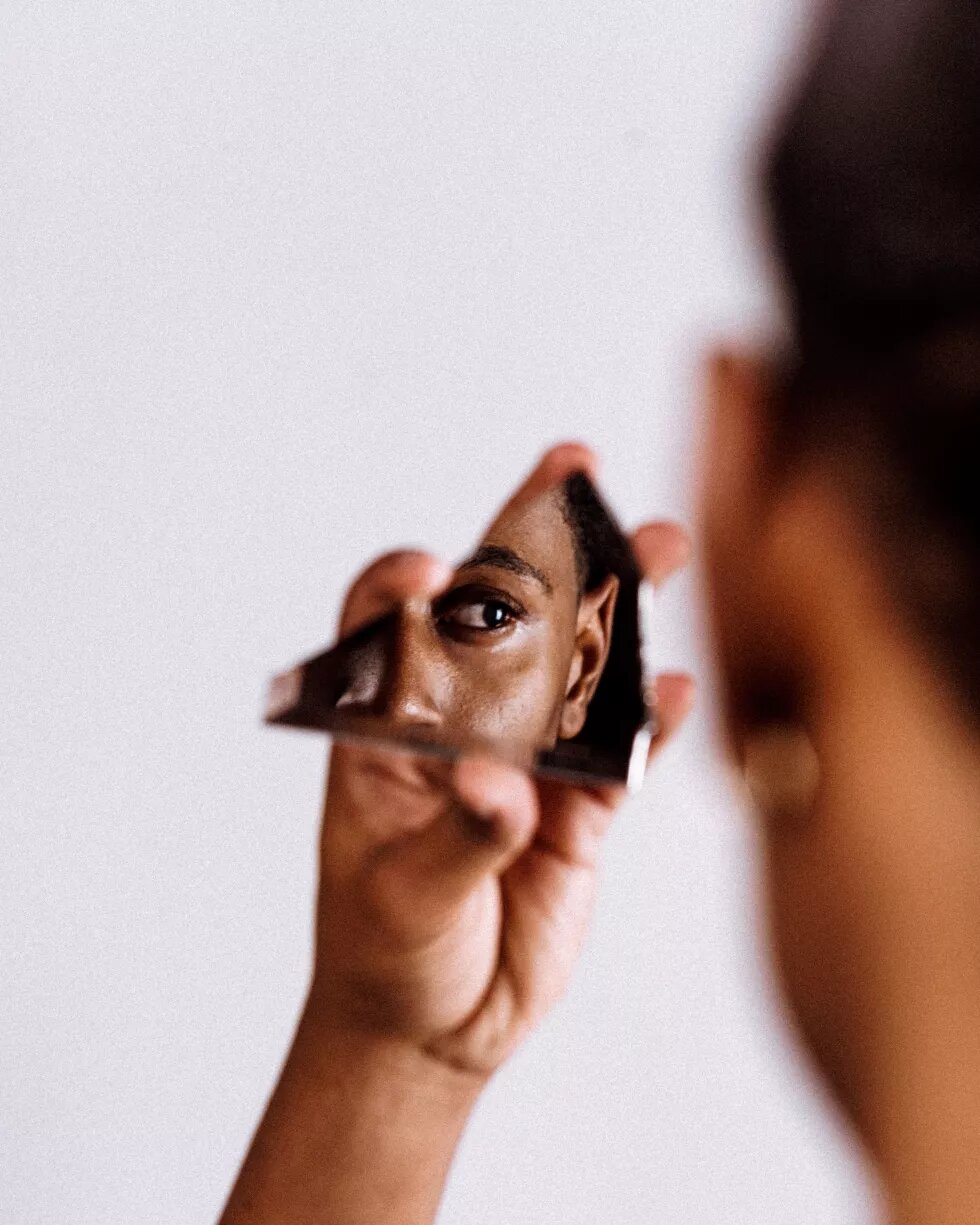"Shut up, get really present, listen with heart, be glad we are not the same. I might be glad we can endure each other, can be a mosaic of changing and reforming collectives..."

‘So intersectionality just put a framework on a set of experiences that conventional approaches had overlooked.’ Kimberlé Crenshaw
My practice of intersectionality relates directly to my experiences as a Black African migrant feminist, who moves between specific locations in Cameroon and Germany, where racial capitalism functions differently. Intersectionality reminds us feminists are not all the same. Our differences as Black feminists are important to explain how we “do” feminist political resistance and why sometimes coalitions are hard to sustain.
‘If we aren’t intersectional some of us, the most vulnerable are going to fall through the cracks.’ Kimberlé Crenshaw
I reflect on cracks in Germany; On how border politics, precarity, body politics, native language competence, and class are compounded; on N’deye Marieme Sarr (she), Christy Schwundeck (she) Oury Jalloh (he), and Ousmane Sey (he), vulnerable people who all died in contact with German police.
I reflect on spaces for radical change, which are small and threatened; on the most vulnerable in Cameroon; On poor, Trans, Non-binary and Queer folks active, in fragile alliance and open conflict. On competing and organizing in Cameroon around basic access to roads, water, electricity, schools, and hospitals. On Trans, Non-binary and Queer folks forced to hide, excluded from jobs and homes. Bodies and histories fragmented.
Differences silence. In reality, nothing moves in Cameroon without—. Reflect on the work of unacknowledged Trans, Non-binary and Queer folks. On racism as consequence, not cause. On sexism and cissexism as choice. Dominance as choice.
I also reflect on emancipatory possibilities; for collective healing in community, giving up and taking power in community, shifting positions in community. On giving up dominance in our communities. An intersectional view helps hold difference with spaciousness, shows examples of people who thrive, interdependent folks, full-spectrum body, sexual, gender and relationship expressions.
What if I returned to the spacious self, was able to see I’d done wrong without collapsing or demanding to be forgiven, able to take responsibility for harm and repair, perhaps even in a way that maintains relationship if the person harmed wants this.
I might be able to reflect the writer, Valerie Brown, in not being strong, embracing the full range of emotions, relearning ‘… what it is to be human; how to rest, how to pause, how to listen, how to speak to each other, how to take turns speaking, how to nourish ourselves, and how to hold what is uncomfortable.’
I might reflect the most radical, cared for self; remember in raising my voice, other voices mute. Shut up, get really present, listen with heart, be glad we are not the same. I might be glad we can endure each other, can be a mosaic of changing and reforming collectives, and come into community with our different bodies, needs and emotions. Cross movements.
‘… social power attaches to people, because of who they are in a society that has determined that certain groups, over the course of history, deserve less, are less valuable, and are expendable.’ Kimberlé Crenshaw
Migration is a produced difference. The migrant is stranded and fractured, an in-between identity, defined by a hyphen.
Many migrants seek belonging; to a powerful country, community, group or movement. I prefer to release the stable, go down a different road and consider fluid forms of belonging outside fixed categories. Here I do not mean the global expatriate lifestyle. Instead of seeking to overcome deliberately created differences, I prefer to focus on what pushes people into migration; on bodies that for more than five hundred years have been darkened, confined, reproduced, silenced, and consumed. What if by considering the local specific and transnational, we can renegotiate our relationship to nation states?
What if we turned inwards, towards each other, towards the full difference of experiences we hold? That’s scary. We hurt each other in community. Differences irritate. No community holds the whole truth of a single individual member. Between gender expression, skin, sexual expression, class, citizenship it seems impossible to be truthful, whole and in community. To be Black Queer feminist in the right way. To be perfect. In activist relationships, as in all relationships there are moments of togetherness, and then I feel we miss each other, disconnect. So I stop speaking because I am afraid, leave because I can’t speak without fear. Although words are only one violence. Differences isolate.
Most people have had at least one painful experience while negotiating difference in community. It’s possible to be held hostage by a singular hurt, forgetting the collective.
What if we focused holding relationships. On coalition with Non-binary, Trans and Queer folks.
Knowing what violences arise in defining ‘others,’ I don’t expect everyone to use exactly the same words. Still, can I be more specific? Can I learn to own my part in oppressing others? Yes. Differences liberate.
I am not at risk of dying while escaping the gender binary, poverty or war. We are not all equal. Most marginalized, mutates. Differences complicate.
Intersectionality shows where codes in culture, language (s), body presentation, help deflect harm. A job, a home, friends, agency, mobility, power. Limited, contested, threatened; I still have some power. A close look reveals hierarchies, harm to those more marginalized, how I benefit in one place; which influence I exert in another. How I don’t stand in a theoretical space outside racial capitalism. I fuck up. I don’t always avoid harm to myself or others. The practice is to reflect, do better and demand that others do the same.
Reflection: throwing back by a body or surface, of light, heat or sound, without scattering. Belonging joy complex, evolving, painful and true.